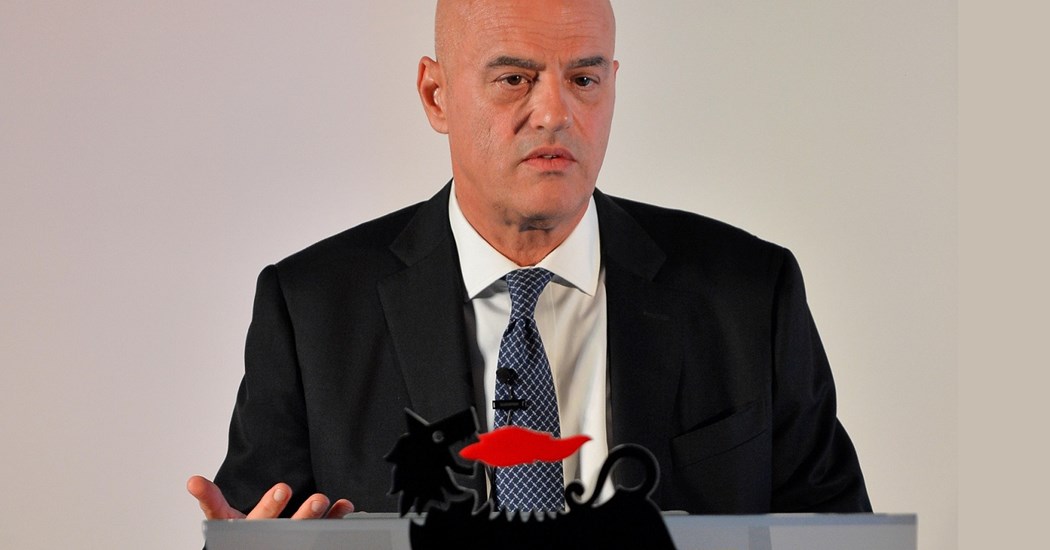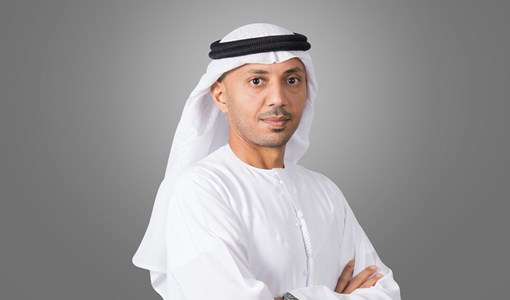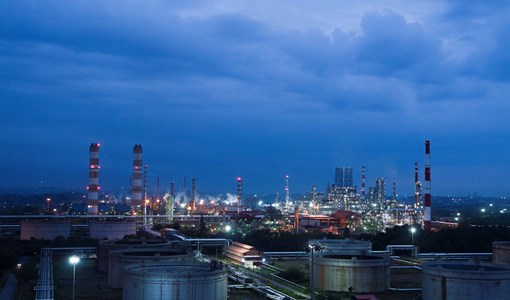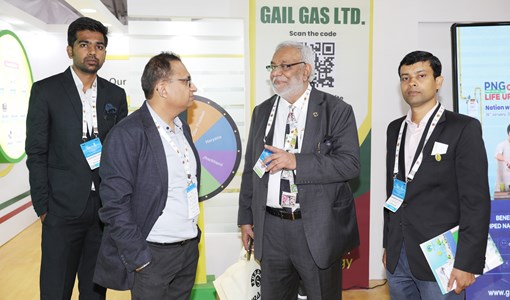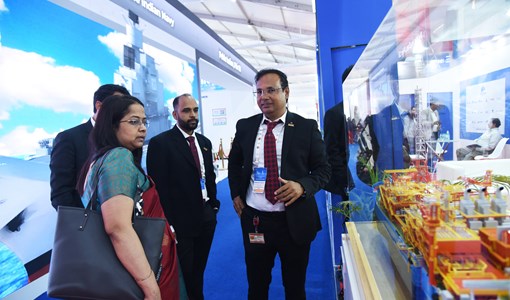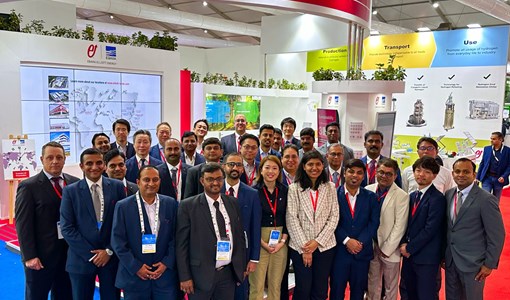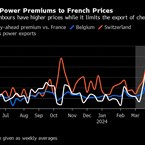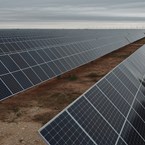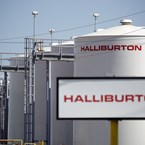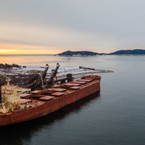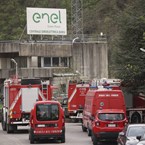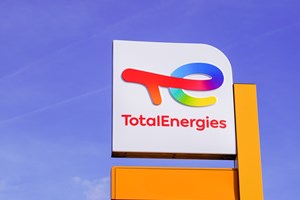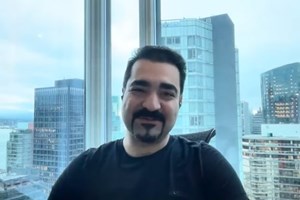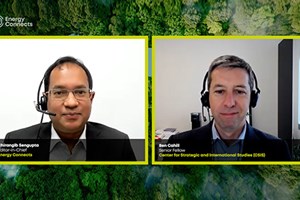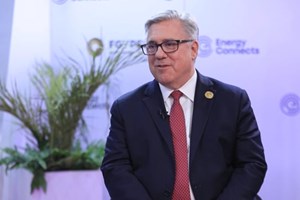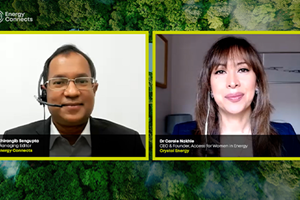Eni committed to Middle East operations and new technology
Claudio Descalzi, CEO, Eni, on the company’s regional activities, including a refining agreement with ADNOC and overall ongoing strategy
How will the agreement with ADNOC impact Eni’s activities in the Gulf Cooperation Council region?
Since 2018, in just 16 months Eni has stipulated agreements in the Middle East (UAE, Oman and Bahrain), with a total of 16 agreements, strengthening its interest in the area.
The agreements with ADNOC have been achieved thanks to our leadership in technological innovation and scientific expertise.
We have expanded our presence from exploration to development and producing assets in the upstream business. Looking at refining, in January 2019, Eni concluded one of the world’s largest ever transactions in the refining business by acquiring a 20 per cent equity interest in ADNOC refining, one of the major downstreamers in the Middle East. This achievement is a landmark, strategic result for us, as it increases Eni’s overall refining capacity by 35 per cent, which becomes 40 per cent from 2024 thanks to the projects included in the current investment plan for Ruwais. Thanks to the geographical position of ADNOC’s facilities, located near assets producing all types of crudes, Eni recognised it as an ideal choice for trading activities.
Therefore, as we pride ourselves on the collaboration with our host countries, we are confident that our company will further strengthen its presence in such an important region by consolidating long-term strategic partnerships while working on our projects.
Does the partnership indicate an increased focus on the Middle East as a region?
The reinforcement of the partnership with ADNOC confirms Eni’s strong interest in an area that has almost half of the world’s proven reserves, which is characterised by low developing and operating costs.
Starting from Eni’s agreements with ADNOC in March 2018 for the acquisition of a stake in two offshore producing concessions in UAE, Lower Zakum and Umm Shaif, we have stipulated 16 agreements in 16 months, achieving not only achieving a geographical diversification of our portfolio, but also a business diversification.
From 2010, when we only had production in Iraq, we are now present in the UAE, Iraq, Oman, Lebanon and Bahrain, and have secured a remarkable result by acquiring the most extensive exploration acreage in the region amongst the IOCs.
In addition, our partnership with ADNOC Refining will increase our refining capacity by 35 per cent and enable trading activities thanks to the geographical position of its facilities, located near assets producing all types of crudes.
We are now present through the whole value chain, from exploration to development, production, refining and trading. These strategic developments made our business more resilient.
What has been the major area in which new technologies have impacted the company?
Technology deployment is one of the main strategic levers of Eni’s operational model. Our proprietary technologies cover all our value chain and are so ingrained in every aspect of our company that it would be difficult to choose one area over the other.
Eni’s Research and Development has produced, so far, 7,300 patents and over 350 projects, and in the period 2019-2022 we envisage an investment of about $1bn in this sector.
Moreover, in addition to its seven research centres, Eni can rely on a strong network of collaborations at international level. The application of our technologies ranges from operational excellence, which includes health and safety, asset integrity, cost optimisation and efficiency, to renewables, decarbonisation and the circular economy.
These are core areas for Eni through the energy transition.
Technology, research and innovation are extremely important to our business because they represent our calling card in the countries where we work.
Looking at the green business area, just to mention a few examples, we are the first in the world to convert two traditional refineries into green biorefineries, thanks to our Ecofining proprietary technology.
We developed technologies in the field of circular economy, to convert organic and inorganic waste into new energy products.
To capture and store CO2, we developed a technology that fixes the gas biologically, through microalgae, or mineralises it for cement production.
Moreover, we are expanding our focus in the renewable sector with the development and installation of systems that produce energy from wave power, the largest untapped renewable source in the world, with extremely high energy density, high predictability and low variability.
Our commitment to the research and application of technology is the driving force that boosts Eni into the future of the energy sector.
How important is ADIPEC as a forum for the exchange of information and working practices across the industry?
We are extremely proud to find ourselves once again in Abu Dhabi with our peers to elaborate on the issues and share strategies to go forward together, in an environment that is tailored for the future and with such a strong technological base.
Participating at ADIPEC means being at the very core of the industry, while bringing together global decision and policy makers under one roof.
It’s an invaluable opportunity to address today’s energy challenges and define tomorrow’s energy landscape.
I’m glad I’ll have the great opportunity to be on stage with other energy leaders discussing about the oil and gas future and the nexus of technology and energy.
This interview first appeared in the ADIPEC Show Dailies 2019
KEEPING THE ENERGY INDUSTRY CONNECTED
Subscribe to our newsletter and get the best of Energy Connects directly to your inbox each week.
By subscribing, you agree to the processing of your personal data by dmg events as described in the Privacy Policy.
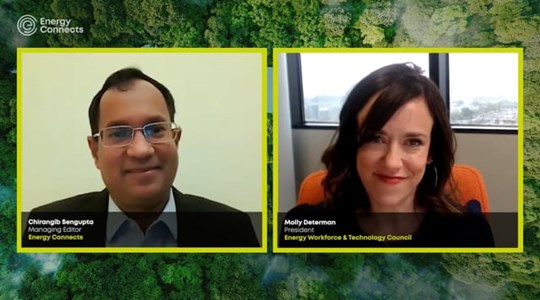
Energy Workforce helps bridge the gender gap in the industry
Mar 08, 2024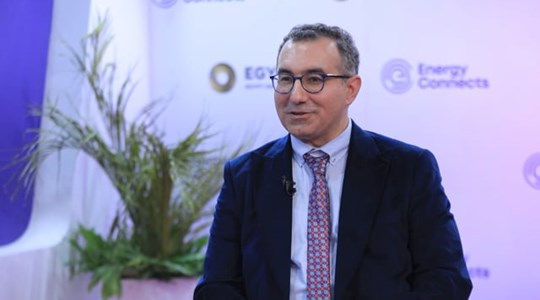
EGYPES Climatech champion on a mission to combat climate change
Mar 04, 2024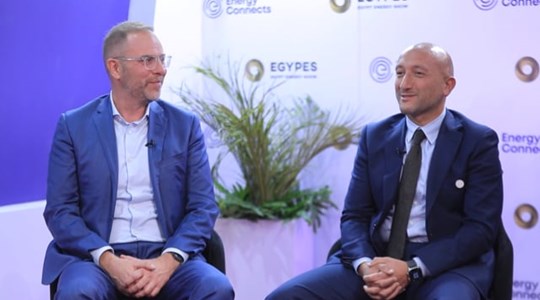
Fertiglobe’s sustainability journey
Feb 29, 2024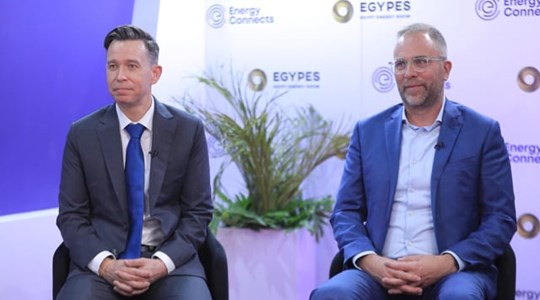
P&O Maritime Logistics pushing for greater decarbonisation
Feb 27, 2024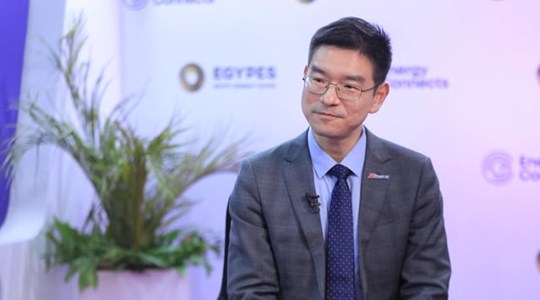
Neway sees strong growth in Africa
Feb 27, 2024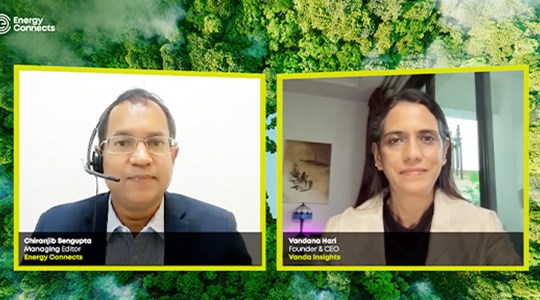
India’s energy sector presents lucrative opportunities for global companies
Jan 31, 2024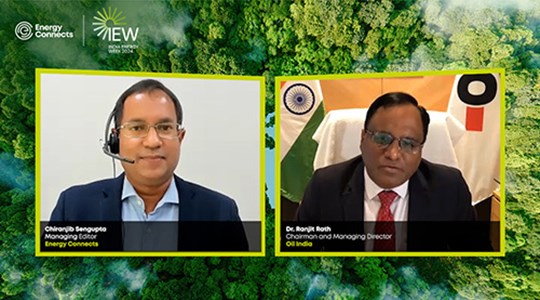
Oil India charts the course to ambitious energy growth
Jan 25, 2024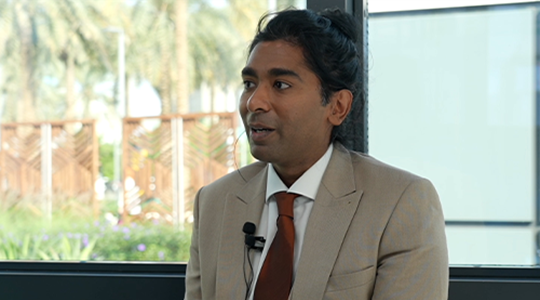
Maritime sector is stepping up to the challenges of decarbonisation
Jan 08, 2024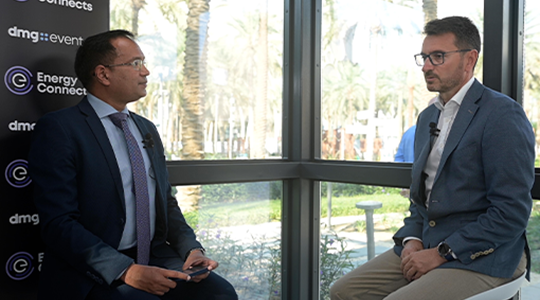
COP28: turning transition challenges into clean energy opportunities
Dec 08, 2023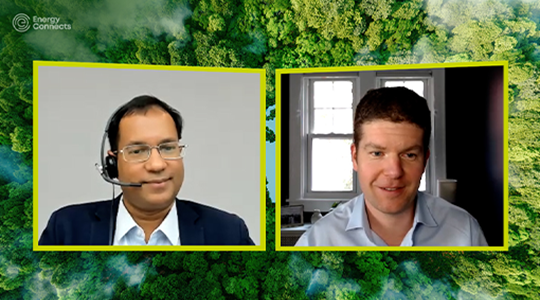
Why 2030 is a pivotal year in the race to net zero
Oct 26, 2023Partner content

Ebara Elliott Energy offers a range of products for a sustainable energy economy
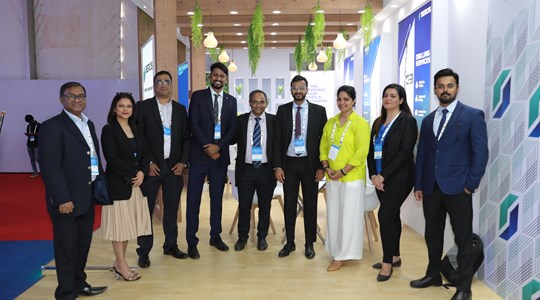
Essar outlines how its CBM contribution is bolstering for India’s energy landscape
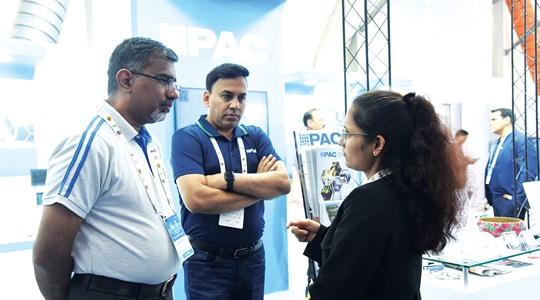
Positioning petrochemicals market in the emerging circular economy
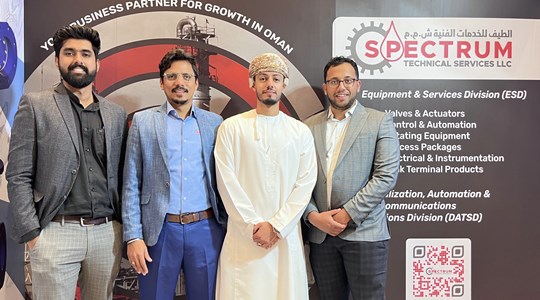
Navigating markets and creating significant regional opportunities with Spectrum


